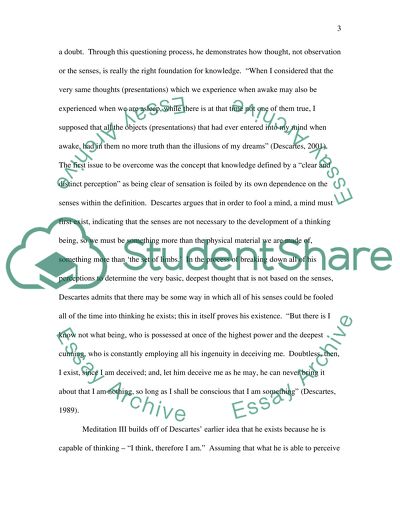Cite this document
(“The Logic of Descartes Essay Example | Topics and Well Written Essays - 2000 words”, n.d.)
Retrieved from https://studentshare.org/philosophy/1419145-the-logic-of-descartes
Retrieved from https://studentshare.org/philosophy/1419145-the-logic-of-descartes
(The Logic of Descartes Essay Example | Topics and Well Written Essays - 2000 Words)
https://studentshare.org/philosophy/1419145-the-logic-of-descartes.
https://studentshare.org/philosophy/1419145-the-logic-of-descartes.
“The Logic of Descartes Essay Example | Topics and Well Written Essays - 2000 Words”, n.d. https://studentshare.org/philosophy/1419145-the-logic-of-descartes.


